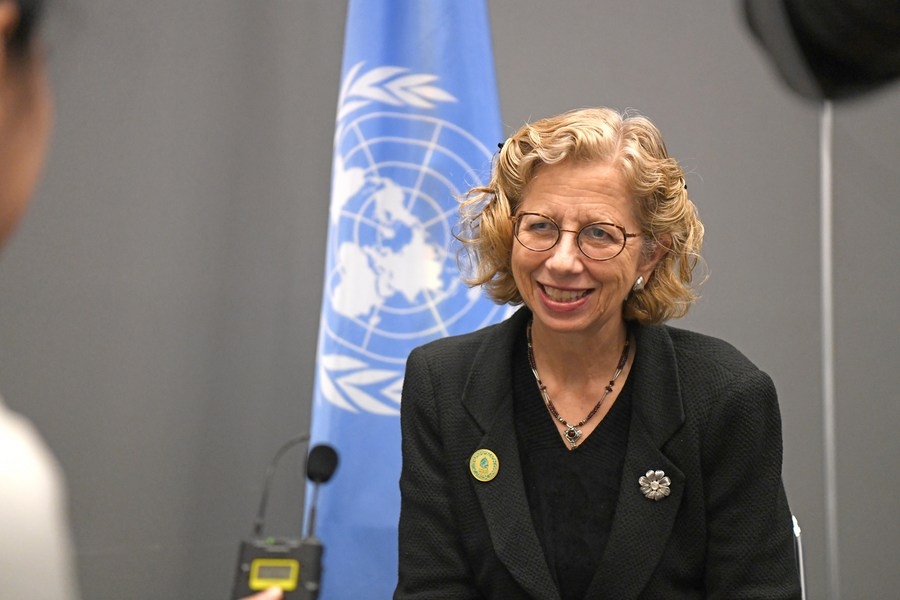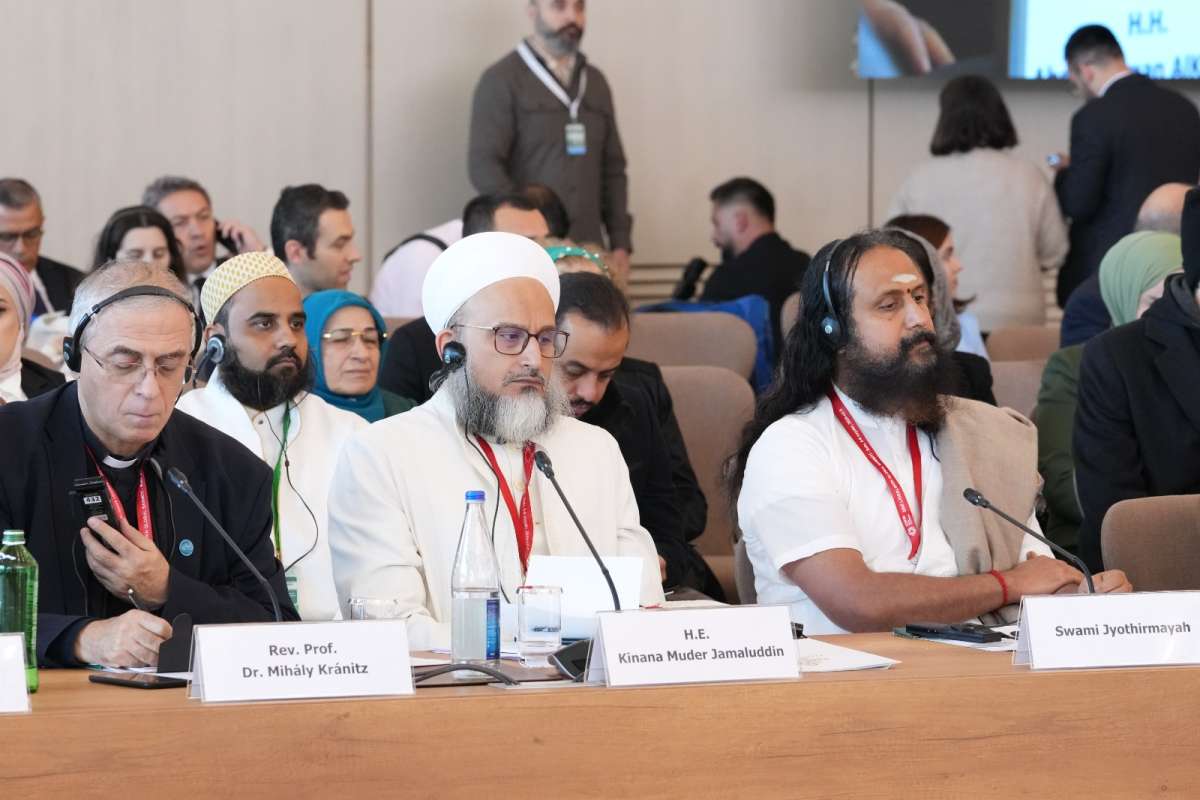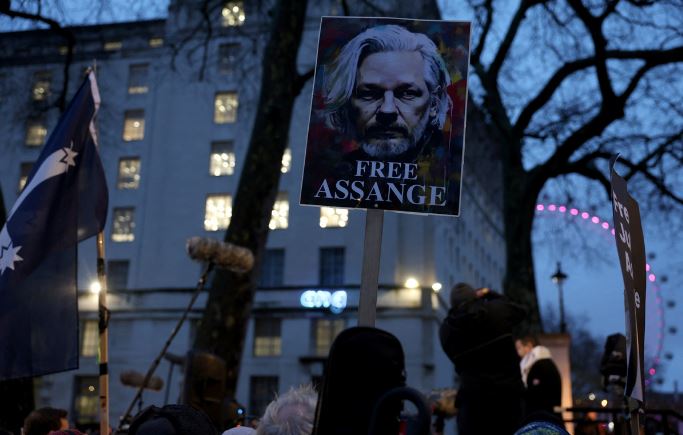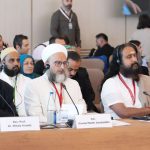Andersen observed that lethargic action on short-lived climate pollutants would deny humanity a sustainable and resilient future, stressing that leveraging science, policy, and practice is key to accelerating their phaseout…reports Asian Lite News
International solidarity will be key to phasing out short-lived climate pollutants or super pollutants that include methane, black carbon, and hydrofluorocarbons (HFCs), senior United Nations Environment Program (UNEP) officials said.
Inger Andersen, the UNEP’s executive director, said on Wednesday at the opening of the UNEP-convened Climate and Clean Air Conference in Nairobi, the Kenyan capital, that eliminating these gases which harm the ozone layer has worsened air pollution and are detrimental to human health calls for unified action, Xinhua news agency reported.
“We must deliver action on super pollutants to help achieve net zero goal, protect the ozone layer, and improve air quality,” Andersen said, noting that multilateralism is key to hastening the phaseout of short-lived climate pollutants.
The two-day Climate and Clean Air Conference 2024 has brought together policymakers, scientists and green campaigners to discuss best practices to curb the emission of super pollutants from agriculture, fossil fuels, household cooling, and heavy-duty vehicle engines. It will be a precursor to the sixth session of the United Nations Environment Assembly (UNEA-6) to be held in Nairobi from February 26 to March 1 under the theme of “effective, inclusive and sustainable multilateral actions to tackle climate change, biodiversity loss, and pollution”.
Andersen observed that lethargic action on short-lived climate pollutants would deny humanity a sustainable and resilient future, stressing that leveraging science, policy, and practice is key to accelerating their phaseout.
She singled out the Global Methane Pledge, the Clean Air Flagship, and the Kigali Amendment as effective multilateral instruments whose implementation will revitalise efforts to eliminate super pollutants from the atmosphere.
Rose Mwebaza, regional director for Africa at UNEP, said that harmonising policies and laws, leveraging technology, research, and advocacy is key to sustaining action on short-lived climate pollutants.
Mwebaza called for remodeling sectors responsible for emitting super pollutants, including cooling, agriculture, manufacturing, and transport to boost air quality, climate resilience, and human health.
ALSO READ-UNEP’s Emissions Gap Report Urges Urgent Climate Action












